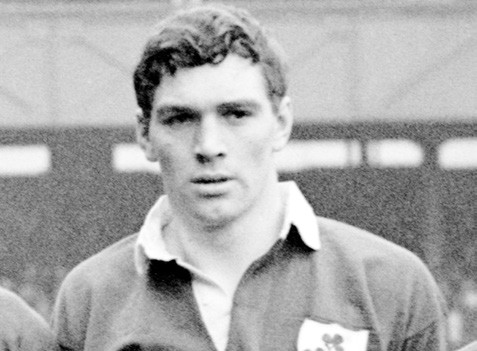
Ken Goodall shall forever be remembered as one of Ireland‘s greatest back row forwards, a humble man with a freakish talent ever willing to bust a gut and whatever else for nothing more than the love of the game.
His fate springs to mind in this sobering tale of two Lions No.8s from very different eras. The prolonged punishment inflicted on one for breaking a rugby law offers a sharp contrast to the verdict on the other, the RFU deciding that Billy Vunipola‘s tasering by Spanish police for breaking the law in Palma did not constitute conduct prejudicial to the game.
Goodall’s was considered so damningly prejudicial that he served 25 years of a life ban, more, much more than half his adult life, for putting his family first. That was the sole reason why the finest No.8 of his day, a lowly paid primary school teacher, went to Rugby League.
My, how times change. It could be argued that the more shameful aspect of their respective cases was not the younger Vunipola resisting arrest on the lash in Palma but the game’s vindictive turning of Goodall into a social outcast.
Newly-married with a family to support and finding the ends difficult to meet, the 22-year-old decided he had no option but to play for pay, at Workington Rugby League club. As a parting gift at the end of the 1970 Five Nations, he left behind what many still consider the finest of solo tries at Lansdowne Road against Wales when none of their superstars could handle his stampeding runs.
Goodall caught Barry John’s punt 60 yards out, galloped towards the Welsh 10-yard line, chipped over JPR Williams and ran like a stag to win the touchdown. A few months later the Irish Rugby Football Union showed its gratitude for services rendered free of charge by banning him for life.
The way the Establishment saw it, Goodall, below, had committed such a dastardly deed that the punishment had to be extended beyond merely playing the game to watching it.
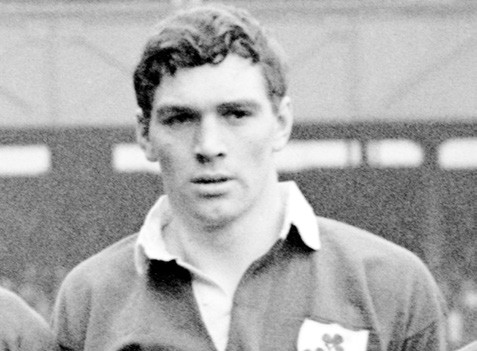
Daring to set foot inside any Rugby Union ground would be considered tantamount to trespass. All that at a time when the RFU and WRU welcomed professionals from other sports, professional cricketers like Alastair Hignell and Alan Rees, professional footballers like the former Manchester United goalkeeper Dave Gaskell.
Capped by Ireland as a teenager and chosen for the 1968 Lions at 21, Goodall went to League at 23 earning more as a signing-on fee than his annual teaching salary, then estimated at barely £1,000. How much more, Goodall never said.
After three seasons, a severe back injury finished him at 26. Back home in Derry, Goodall knew the consequences, that he would never be allowed to play Union again but how cruel to be effectively outlawed from every Rugby Union ground to boot.
True to form, Goodall never railed against the injustice of being declared persona non grata by those running the sport. He accepted it without rancour and even went the extra mile to watch his local club, City of Derry RFC, an outsider, in every sense.
He would have dreaded making a scene. Goodall may have been all washed up but he was still able to put his height to practical use, using all 6ft 4in to peer over a hedge from outside the ground where Derry then played.
“The first couple of times I went down to watch,” he said in an interview with the Irish Independent, “I watched from the road so as not to bring any embarrassment to the club.
“I remember after one game against NIFC (a Belfast club), Mike Gibson came over and greeted me, said how nice it was to see me again which was decent of him.”
The compassion shown by one of the greatest backs of all time seems to have been an isolated incident. Goodall made no reference to anyone on the inside inviting him in for a cup of tea or a glass of beer.
If they left him on the outside in those days it suggested that they put a higher value on the IRFU’s draconian action than reaching out to the best rugby player found in Derry for the last 60 years.
Goodall’s dignity contrasted sharply to the undignified circumstances in which Irish rugby had put him. When the Iron Curtain between the codes dissolved with Union’s plunge into professionalism, the IRFU reinstated Goodall as though nothing had happened.
To his eternal credit, the No.8 who flashed across the Dublin sky like a meteor acted as though nothing had, happy to do whatever he could for greater good of the game at large. Ken Goodall died at the age of 59 in 2006.



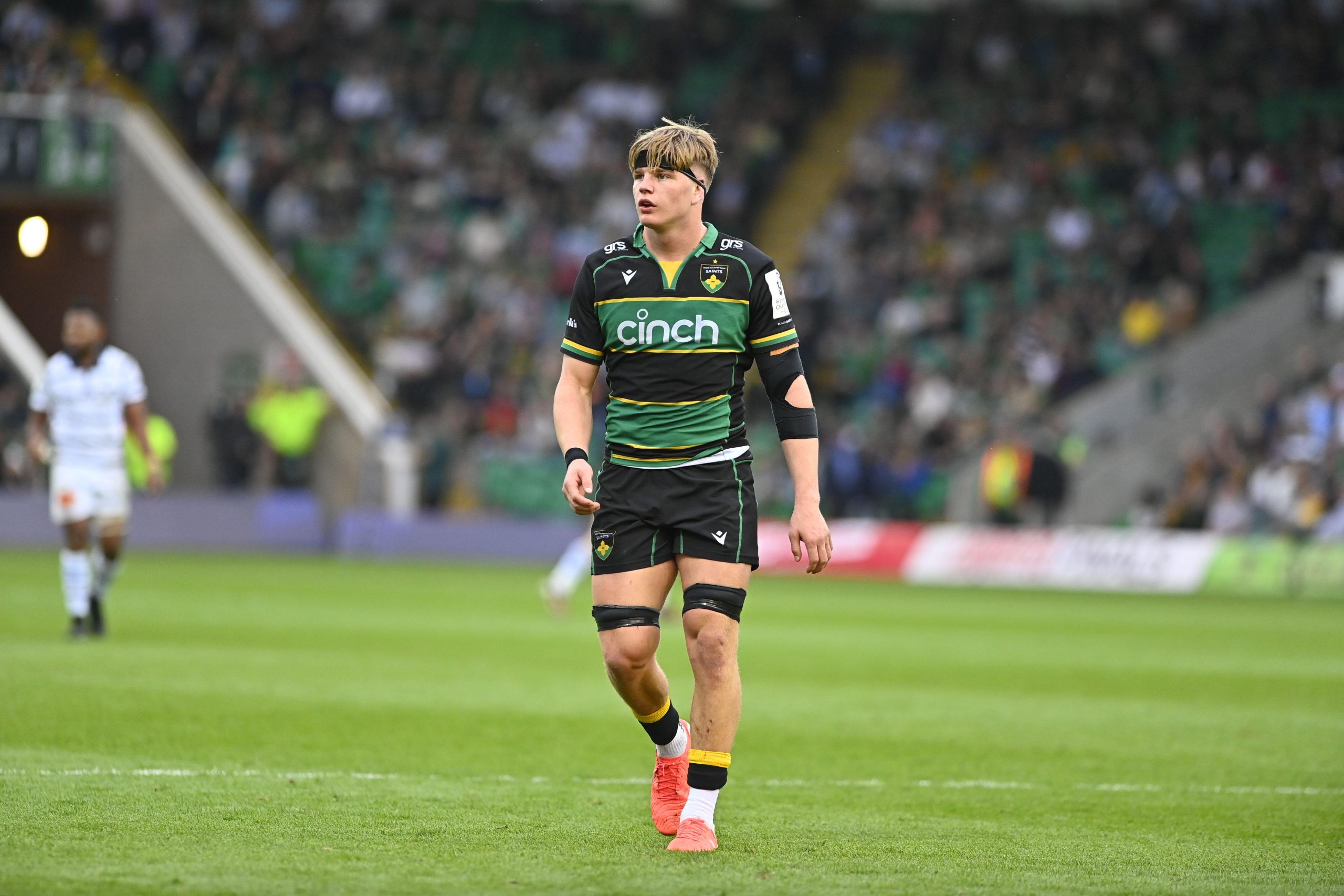

















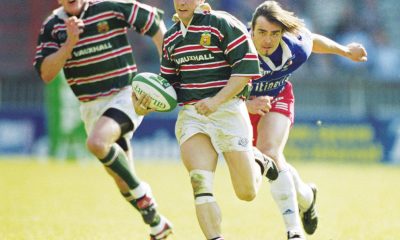

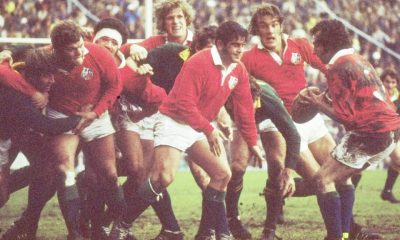





You must be logged in to post a comment Login